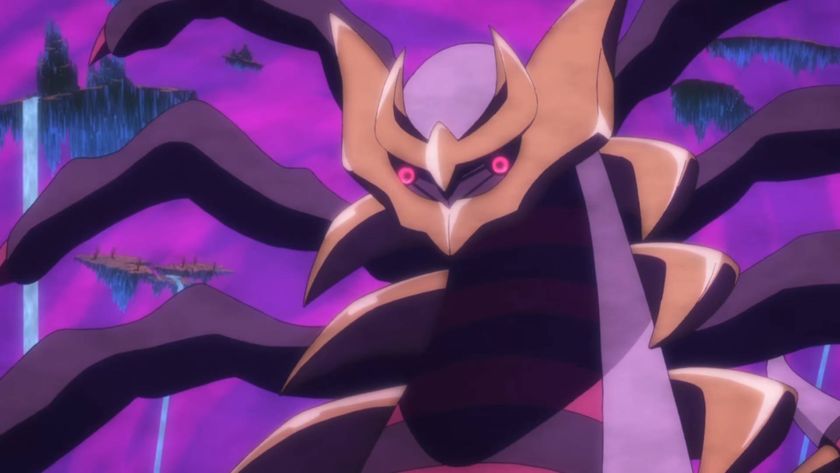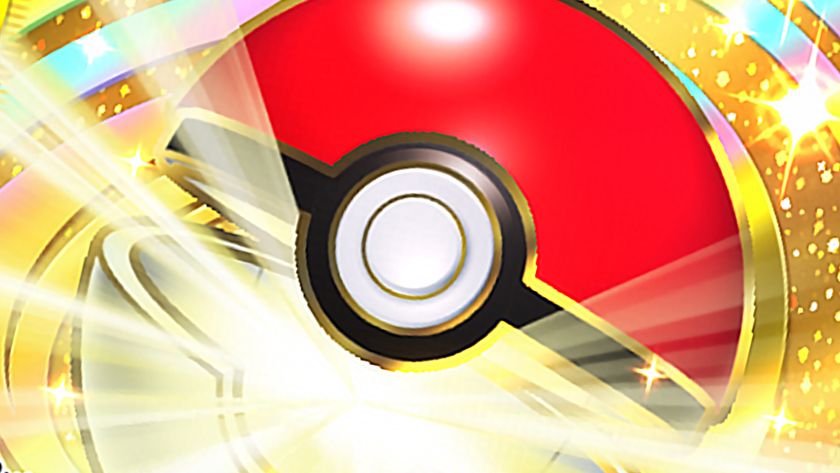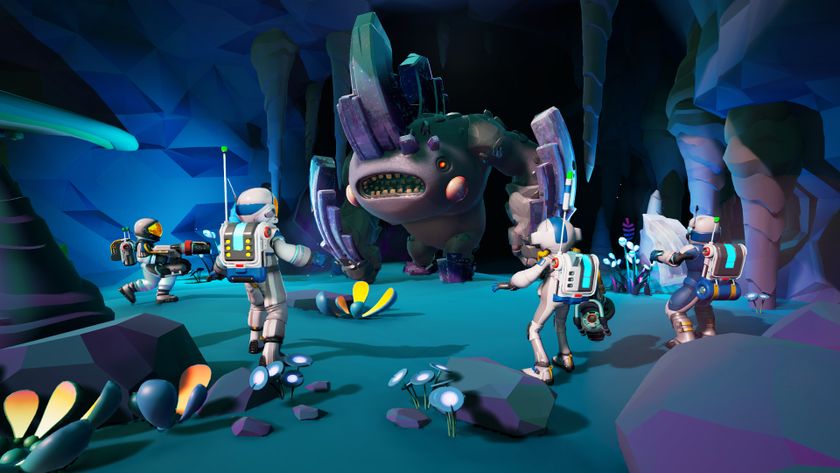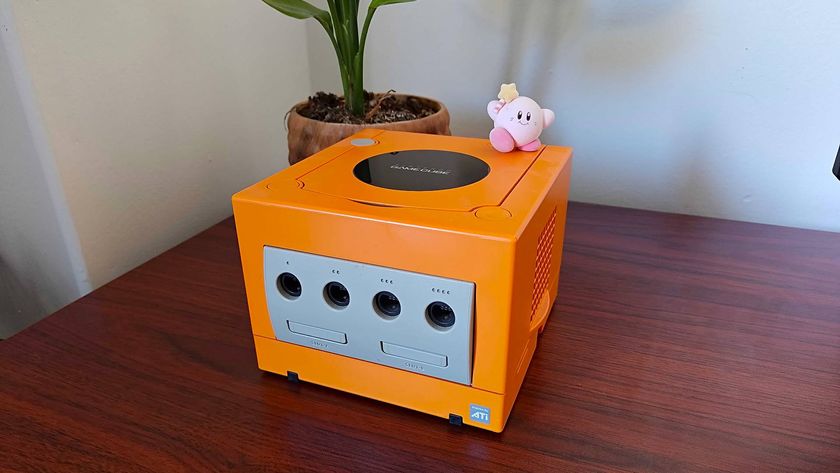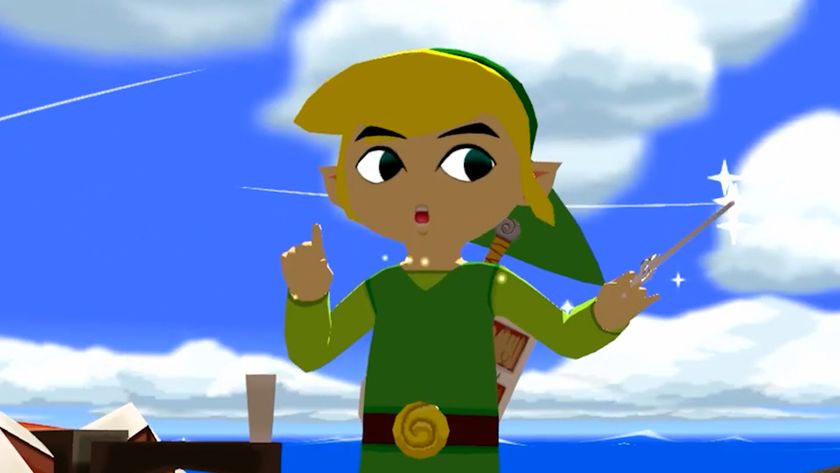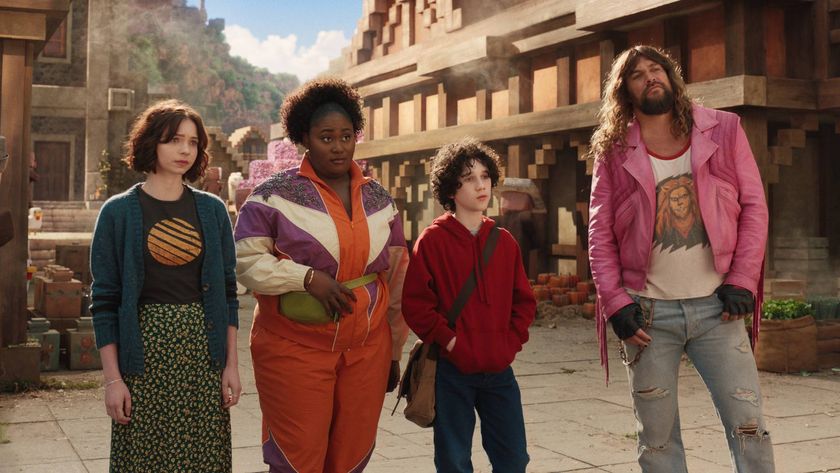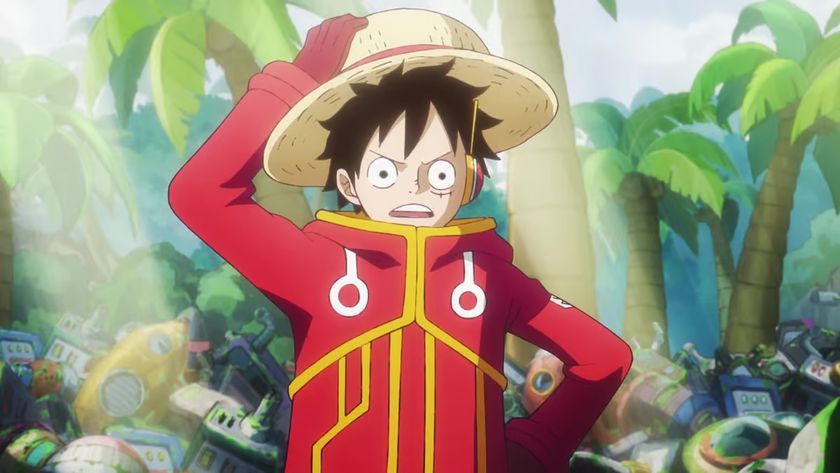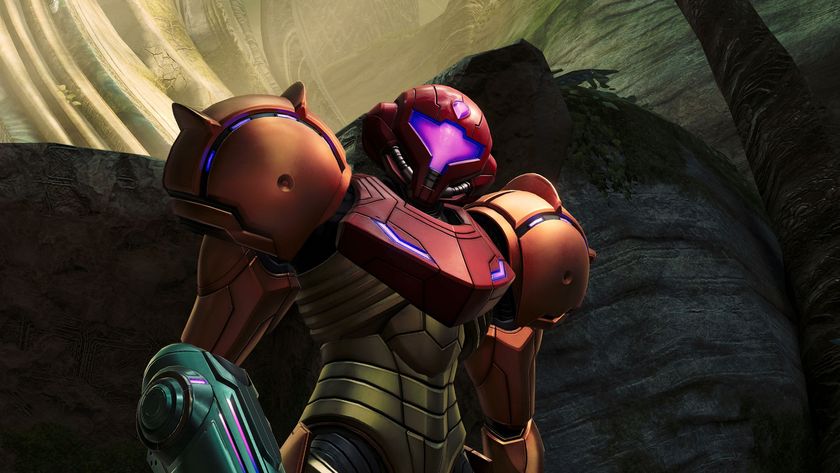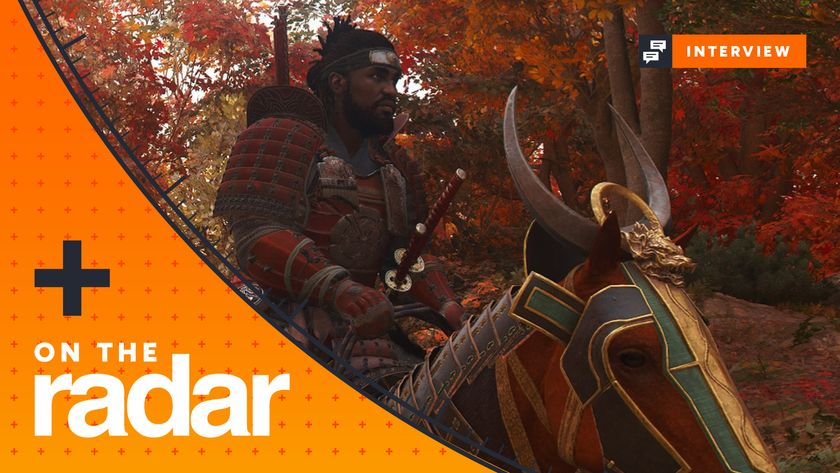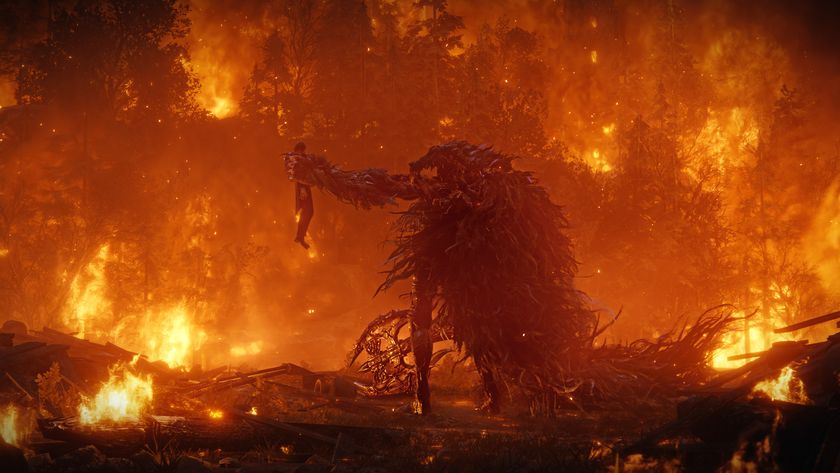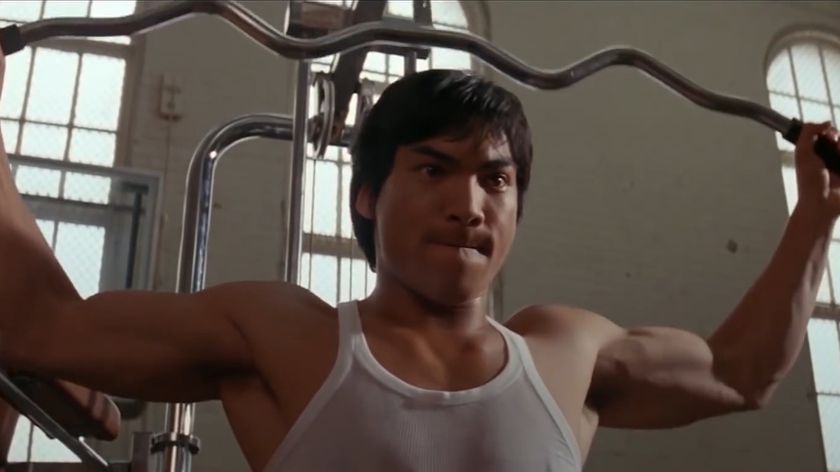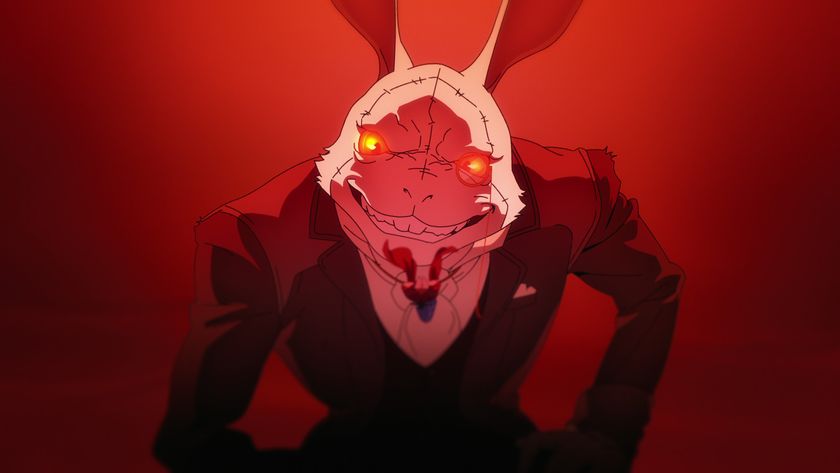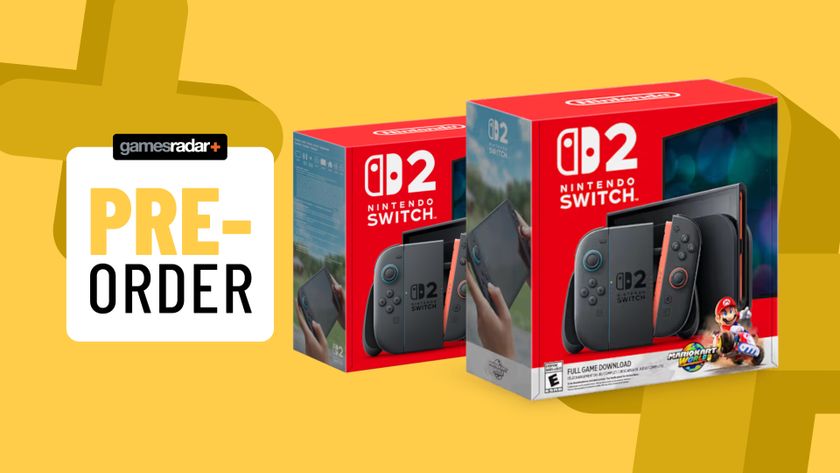How Pokemon are born
We interview Platinum's creators about Pokemon design, Pokemon rejection and the future of the franchise
When designing a Pokemon, is it more important that the Pokemon’s moves and attributes match his personality rather than making it super effective at battle?
Masuda: When we create a Pokemon character we always think of all the possibilities of what we can do and all the variety of directions we can go in. A good example is asking questions like “Is this a Pokemon based on the storyline?” If so, then it should have certain characteristics. Or do we just want to create a very unique Pokemon? We also want the designer to have as much freedom as possible, we don’t want to narrow down their imagination by saying “We want this kind of Pokemon.” When we talk to the designer we always stress that they shouldn’t think of Pokemon necessarily, but should instead just be as creative as they can.
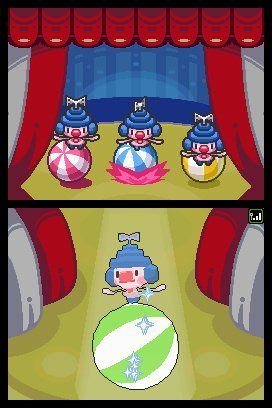
After this process the design goes to the Battle Producer who asks “What kind of moves and parameters should this Pokemon have?” The designer creates the look, and gives it life in that sense, but the Battle Producer creates another life, so that it becomes a real Pokemon who can act in battle.
I imagine there are a lot of rejected Pokemon designs out there? Is there a warehouse of Pokemon somewhere that didn’t make the cut?
Masuda: (Laughs) Tons! The first requirement to create a Pokemon is that it has to be attractive, and when we say attractive, we mean the look and also “Is the character expandable?” If that Pokemon doesn’t have those traits, it’s difficult to put it into the game.
As the composer for the original Pokemon games, Mr. Masuda, what kind of music motivates you to create or that you find inspirational?
Masuda: I love classical music, some of my favorite composers are Stravinsky, Shostakovich, and Holst. I think my music may have some influence from the works of those composers. However my personal favorite is techno music!
Sign up to the GamesRadar+ Newsletter
Weekly digests, tales from the communities you love, and more
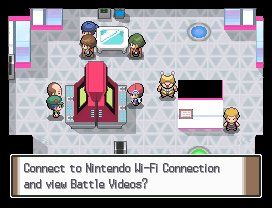
Specifically are there any videogame soundtracks you feel influenced your work or inspired you?
Masuda: There is no game music that has influencedmy own, but I look at Super Mario for example, and I enjoy how near the ends of the levels, the music plays faster and creates a sense of urgency, that concept is very interesting to me.
The Pokemon game franchise has been around for over 10 years now, and the formula has remained fairly similar. How much longevity do you feel the formula has left, and are there any big changes you’ve considered making?
Masuda: For the beginner players we want them to play long enough so once they have finished the game there are still Pokemon for them to collect and things for them to do. Completing the game is one thing, but after that you can collect, you can go to the wi-fi plaza, there’s a lot more in the game. The most important thing is that we always make the game very approachable and very attractive. I believe those ideas are what has given Pokemon the longevity it has had.
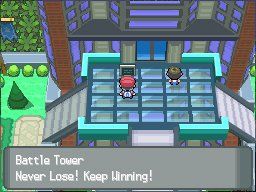
Also we always think of things to make the game more interesting, fun and attractive. If there’s some limit that certain elements have where we feel they cannot progress much further, we will come up with something new and replace the old idea. We can always add something new and fun to keep the game fresh.

